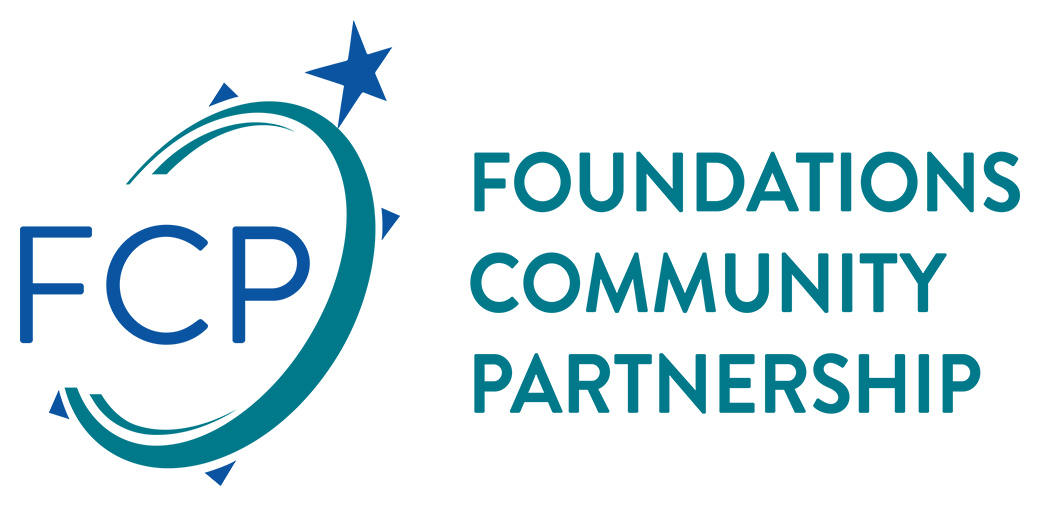Skills & Strategies for Helping Kids Manage Anger
By popular request, Dr. Jeff Bernstein was invited back to the Foundations Community Partnership’s Spring 2018 Mental Health Workshop Series. Today’s presentation was entitled Helping Children and Teens Manage Anger.
Dr. Bernstein did not disappoint the full house of 100+ attendees. As in the past, his presentation was well received by the audience of mental health professionals and educators. The audience was attentive throughout the workshop, asked good questions and appeared satisfied at the end of the workshop.
As in the past, Dr. Bernstein quickly engaged the attendees with his warm and congenial style. He told stories about his experience with clients, and his own life to illustrate his points. The audience was very attentive to the concrete examples and appreciated his sense of humor and focus on the topic throughout the workshop. Although his comments have a basis in research, it was refreshing that his 29 pages of slides did not include even one slide of graphs, charts, or data. As before, several practitioners commented that they appreciated the pragmatic suggestions offered and did not miss the data.
Workshop Objectives
At the end of this activity the learner will be able to:
- State two crucial skills that children and teens need to manage their frustration and anger
- Identify at least 20 proven effective anger reduction strategies to immediately use with children and teens
- Explain how mindfulness can be integrated with cognitive behavior therapy (CBT) for anger management in children and teens
- Coach parents, teachers, and other adults how to use the Calm, Firm, and Non-controlling approach to help bypass and lower anger-driven emotional reactivity in children and teens
All goals were met during this workshop.
Dr Bernstein presented a variety of techniques to engage with the angry child or teen. Similar to those discussed in a previous workshop, they included: 1. A “Calm, Firm, non-controlling” mindset is essential, regardless of the techniques used in therapy. 2. Be humble, acknowledge that you do not have all the answers and invite the clients to teach you. 3. Be transparent. Show empathy, “I get that you would rather be playing a video game, but I appreciate your participation so far.”
He also presented several skills that the clinician should teach the child or teen. Two of the most important skills, according to Dr. Bernstein are. 1. Calming down and 2. Problem solving. Without these skills it is difficult for the child or teen to effectively manage anger.
During his workshop, Dr. Bernstein discussed 22 proven anger reduction strategies with teens or children. These ranged from mindfulness activities to variations of CBT strategies. The 3 core parts of mindfulness include.
- Intention: Intending to be aware of the present moment.
- Attention: Focusing on different parts of what you are experiencing.
- Attitude of a beginner’s mind. Experience things as if the very first time.
Dr. Bernstein pointed out that:
Mindfulness is about:
- Noticing your thoughts and sensations:
- Awareness of your breath, body and mind.
- Reacting to emotions in a different way.
- Noticing what is going on in the moment.
- Re-centering yourself to cope.
Mindfulness is not about:
- Your mind becoming a blank slate.
- A mysterious hard-to-learn techniques.
- Having to meditate for hours.
- Sitting in emptiness or misery.
- Learning never to get angry in the first place.
Dr. Bernstein stated that that mindfulness can be integrated in CBT. His workshop provided several activities that showed how mindfulness can help the person shift from emotional reaction to a cognitive thought process. He also said that mindfulness promotes the acceptance of intrusive thoughts to challenge them and then let them go.
Throughout the presentation, Dr. Bernstein talked about teaching parents to use the strategies taught to the child to help bypass and lower anger-driven emotional reactivity in children and teens. He suggested that the parent allow the child or teen to teach them the skills they have learned.
Although there were many questions and comments, Dr. Bernstein managed them well to move the topic forward. As in the past, he acknowledged that his style is not effective with all clients. His approach is personality driven, and he is flexible enough to be successful much of the time. Practitioners who are more rigid in their practice may not be comfortable using his suggestions.
As before, I found Dr. Bernstein’s pragmatic comments useful in my practice. My final test was to answer the question: When I was an oppositional teenager, would I want to see this guy? The answer is a resounding “Yes”!
Any other thoughts?
